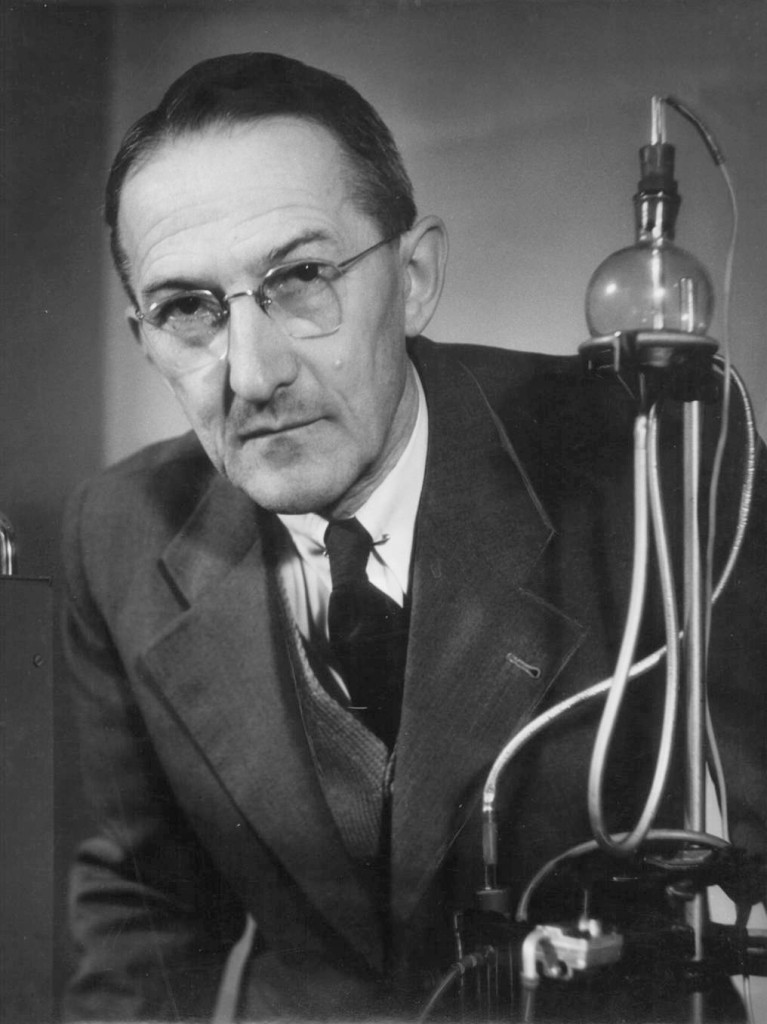60 years ago
The Nobel Prize for Chemistry went to Jaroslav Heyrovský
Jaroslav Heyrovský is considered the father of electroanalytical chemistry and was the inventor of the dropping mercury electrode, a working electrode for measurements that is used in polarography. Heyrovský was born in Prague in 1890 and studied mathematics, physics and chemistry at Charles University. During the First World War he served in a military hospital as a chemist and radiologist. He moved to London and continued his studies specializing in electrochemistry and later graduated in Prague in physics. In his city, he worked at the University’s Institute of Analytical Chemistry and, in 1922, he became an associate professor. Then, starting in 1926, he held the Chair of Physical Chemistry. He was the creator of the Czechoslovak polarography school and in 1950 he was appointed director of the new Polarographic Institute, which from 1952, became an integral part of the Czechoslovak Academy of Sciences. In 1959, he won the Nobel Prize for Chemistry, thanks to the discovery and development of the polarographic method of analysis.





